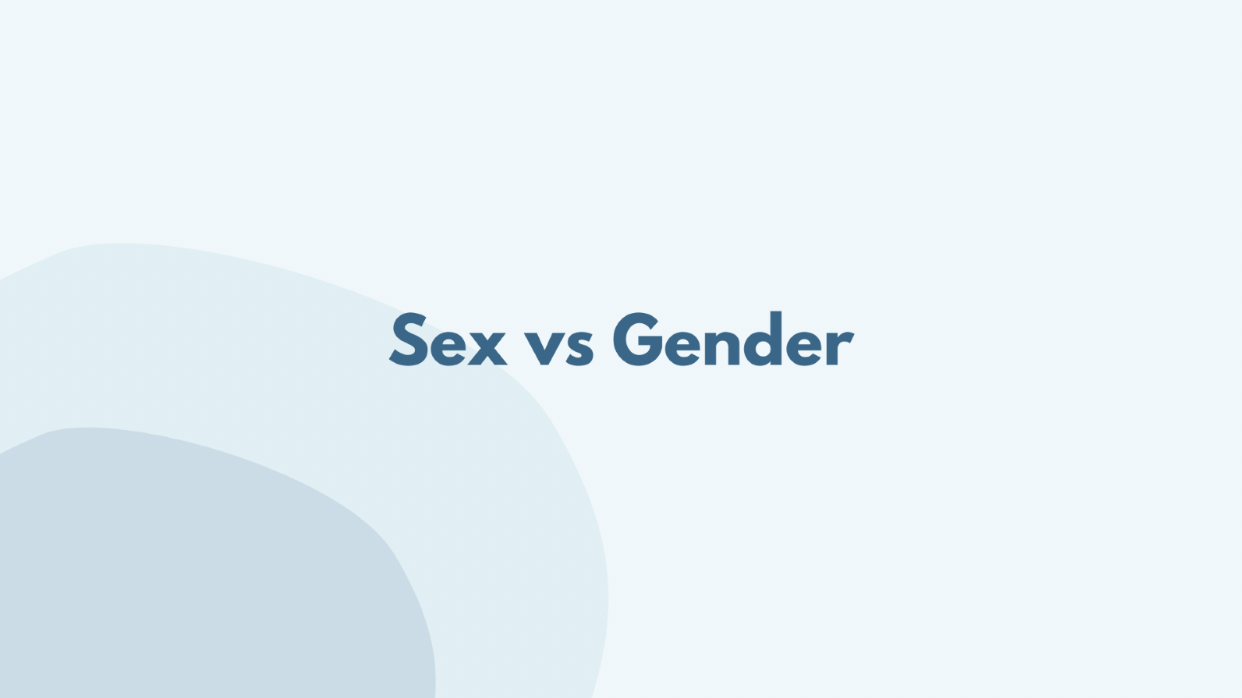Gender and sex are sometimes used interchangeably in mainstream literature, but they are different things. Understanding this difference makes it easier to understand how others experience sex and gender.
Sex
A person's sex refers to a constellation of biological attributes which someone has. Things such as anatomy, chromosomes and hormones come together to form one's sex (e.g., male, female, or intersex). More and more medical practitioners are recognising that sex isn't a simple binary, but rather exists on a spectrum, with different people possessing different sets of attributes.
Gender
Gender is a social construct. This means that it is something that is formed and accepted by people in society. Gender is a spectrum of many different identities. People can identify as men, women, neither or somewhere in between.
Being transgender means, someone's gender identity does not correspond with the sex they were assigned at birth. Just because someone presents a certain way (i.e., dressing a certain way, showing certain behaviours) that does not necessarily mean they have a certain gender identity.
Sex/Gender and Mental Health
Sex and gender-diverse people are statistically more likely to experience mental health issues. This is not to say that these aspects are the cause of these challenges, but instead, it is the discrimination and societal pressures they may experience which may impact their mental health.
As a product of this misunderstanding, there is a history of the medical profession pathologising LGBTQIA+ identities. To attend to this, medical practitioners, including Psychologists, continually work to develop ethical guidelines and modes of practice that respect, validate and affirm their clients' identities.
Deadnaming
Deadnaming is referring to someone by a name they used prior to transitioning. Similarly, this can be accidental or done with malicious intent. Regardless of the motivation, misgendering and deadnaming can have very real consequences for the person in question. For some, it can add to the experience of being disrespected, unaccepted and invalidated by others.
If you accidentally misgender or deadname someone, a helpful first step can be to apologise and refer to them correctly (rather than pretend it didn't happen). Recognising a mistake when it occurs is the first step to preventing it from happening again. Being mindful of the language you use when referring to others and asking when unsure are simple ways of preventing unintended harm.
As a cisgender man, I have not experienced discrimination on the basis of my gender. There is a privilege that comes with this, meaning, I have not experienced the toll this discrimination takes on a person. Recognising that one has privilege is not to say that their life overall is easier. It means recognising there are struggles that other people face, that they don't.

